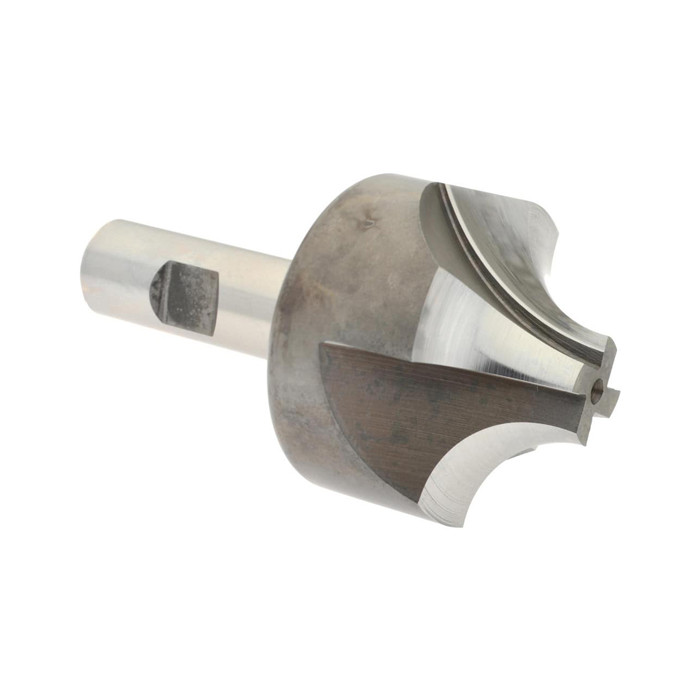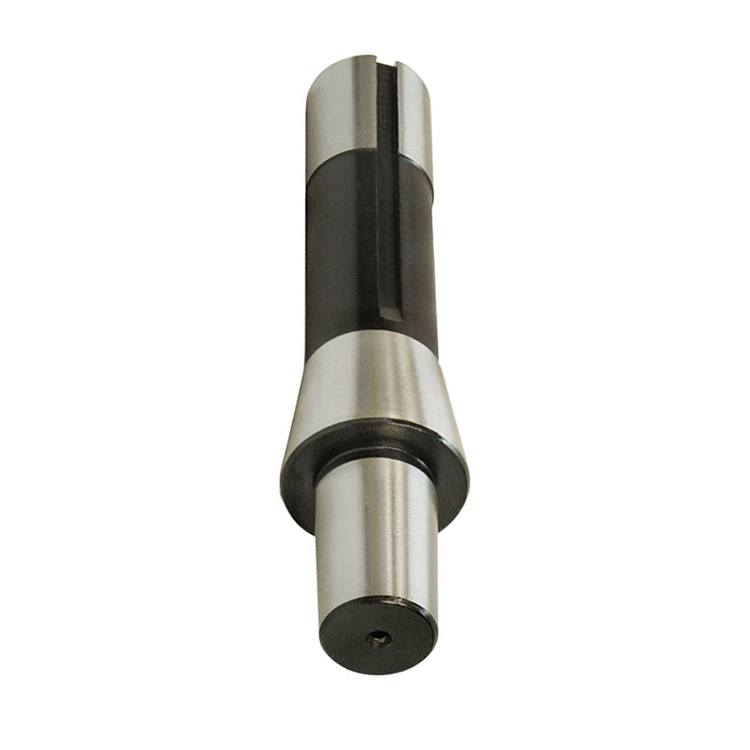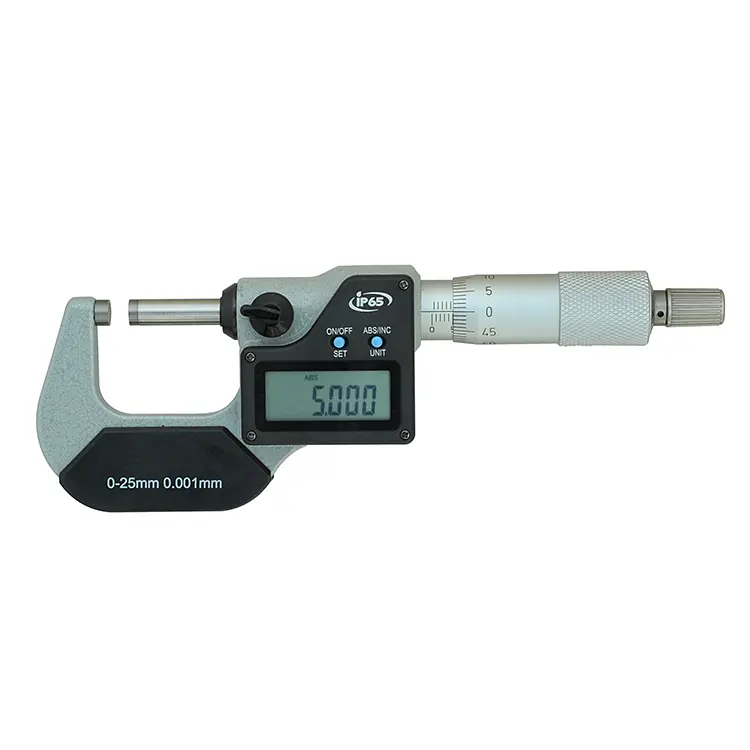milling collet chuck Manufacturer
Finding a reliable milling collet chuck manufacturer is crucial for ensuring precision and efficiency in your machining operations. This article explores key factors to consider when selecting a manufacturer, including product quality, material selection, available sizes and types, manufacturing capabilities, customization options, pricing, and customer service, helping you make an informed decision to optimize your milling processes.
Why Choose the Right Milling Collet Chuck Manufacturer?
The milling collet chuck is a vital component in any milling machine, responsible for securely holding the cutting tool. Choosing the right milling collet chuck manufacturer can significantly impact:
- Precision: Accurate collet chucks ensure precise machining.
- Tool Life: A secure grip prevents tool slippage and extends tool life.
- Surface Finish: Reduced vibration leads to superior surface finishes.
- Efficiency: Reliable collet chucks minimize downtime and maximize productivity.
- Safety: Proper tool holding enhances overall machining safety.
Key Factors to Consider When Selecting a Milling Collet Chuck Manufacturer
Product Quality and Material Selection
High-quality materials and precise manufacturing processes are essential for collet chuck performance. Look for manufacturers who use:
- High-Grade Steel: Typically, alloy steel such as 20CrMnTi is used for its durability and resistance to wear.
- Heat Treatment: Proper heat treatment ensures hardness and dimensional stability.
- Precision Grinding: Accurate grinding provides a smooth surface finish and tight tolerances.
Inquire about the manufacturer's quality control procedures and certifications, such as ISO 9001. This can provide assurance of consistent quality. A reputable milling collet chuck manufacturer should be able to provide material certificates upon request.
Available Sizes and Types of Collet Chucks
Ensure the manufacturer offers a wide range of sizes and types to meet your specific milling requirements. Common types include:
- ER Collet Chucks: Versatile and widely used for various applications. ER collets are available in ER8, ER11, ER16, ER20, ER25, ER32, ER40, and ER50 sizes.
- DA Collet Chucks: Known for high precision and rigidity.
- TG Collet Chucks: Suitable for heavy-duty milling operations.
- 5C Collet Chucks: A common standard, often used on lathes but adaptable for milling with the correct chuck.
- R8 Collet Chucks: Commonly used on Bridgeport-style mills.
Consider the collet's clamping range and concentricity. A smaller clamping range means you'll need more collets to cover a range of tool shank sizes. Higher concentricity is essential for precision work.
Manufacturing Capabilities and Customization Options
A capable manufacturer should possess advanced manufacturing equipment and expertise to produce high-quality collet chucks. Consider:
- CNC Machining: Precision CNC machines ensure tight tolerances and consistent quality.
- Grinding Capabilities: High-precision grinding equipment is critical for achieving accurate collet dimensions.
- Customization: The ability to customize collet chucks to specific requirements, such as special sizes or features.
Many manufacturers, including Wayleading Tools (www.wayleading.com), offer custom solutions to meet unique machining needs. Inquire about their capabilities and lead times for custom orders. This can be especially important if you need milling collet chucks for specialized applications.
Pricing and Value
While price is a factor, it's essential to consider the overall value. Cheaper collet chucks may compromise quality and lead to increased tool wear, reduced precision, and potential safety issues. A slightly more expensive, higher-quality milling collet chuck can save you money in the long run.
Obtain quotes from multiple manufacturers and compare the total cost of ownership, including:
- Initial Purchase Price
- Tool Life
- Downtime Costs
- Replacement Frequency
Customer Service and Support
Excellent customer service is crucial for a smooth purchasing experience. Look for manufacturers who offer:
- Technical Support: Knowledgeable staff who can answer questions and provide guidance.
- Fast Response Times: Prompt responses to inquiries and requests.
- Warranty: A warranty that covers defects in materials and workmanship.
- Easy Returns: A hassle-free return policy in case of issues.
Read online reviews and testimonials to gauge the manufacturer's reputation for customer service. Contact their customer support team with some questions to test their responsiveness and knowledge before making a purchase decision. A good milling collet chuck manufacturer values its customers.
Common Collet Chuck Problems and Solutions
Collet Slippage
Problem: The cutting tool slips during machining.
Solution:
- Ensure the collet and collet chuck are clean and free of debris.
- Use the correct collet size for the tool shank.
- Tighten the collet nut to the manufacturer's recommended torque.
- Inspect the collet and collet chuck for wear or damage.
Poor Concentricity
Problem: The cutting tool is not centered, resulting in inaccurate machining.
Solution:
- Use high-precision collets and collet chucks.
- Ensure the collet and collet chuck are properly seated.
- Inspect the collet and collet chuck for damage or wear.
- Check the spindle runout of the milling machine.
Collet Breakage
Problem: The collet cracks or breaks.
Solution:
- Use high-quality collets made from durable materials.
- Avoid over-tightening the collet nut.
- Use the correct collet size for the tool shank.
- Reduce cutting forces and feeds.
Comparison of Common Collet Types
| Collet Type | Advantages | Disadvantages | Typical Applications |
|---|---|---|---|
| ER Collet | Versatile, wide range of sizes, readily available. | Can be less rigid than other types. | General milling, drilling, and tapping. |
| DA Collet | High precision, good rigidity. | More expensive than ER collets. | Precision milling and grinding. |
| TG Collet | High clamping force, suitable for heavy-duty applications. | Limited size range compared to ER collets. | Heavy-duty milling and roughing operations. |
| 5C Collet | Widely available, relatively inexpensive. | Primarily designed for lathes, requires a specific chuck for milling. | Lathe work, light milling operations with appropriate chuck. |
| R8 Collet | Common on older Bridgeport-style mills. | Less versatile than ER collets. | Milling operations on Bridgeport mills. |
Conclusion
Choosing the right milling collet chuck manufacturer is a critical decision that can significantly impact your machining operations. By considering factors such as product quality, material selection, available sizes and types, manufacturing capabilities, customization options, pricing, and customer service, you can make an informed choice that optimizes your milling processes and ensures precision, efficiency, and safety.
Related products
Related products
Best selling products
Best selling products-
 Parting & Grooving Tool Set With SLTB Blcok, NCIH Blades, GTN Inserts
Parting & Grooving Tool Set With SLTB Blcok, NCIH Blades, GTN Inserts -
 Precision V Block Set With High Quality Type
Precision V Block Set With High Quality Type -
 5C Round Collet With Inch and Metric Size
5C Round Collet With Inch and Metric Size -
 Precision Dustproof Dial Caliper Of Double Shock-Proof For Industrial
Precision Dustproof Dial Caliper Of Double Shock-Proof For Industrial -
 Precision Vernier Caliper With Nib Style & Standard Style Jaws Of Metric & Imperial For Industrial
Precision Vernier Caliper With Nib Style & Standard Style Jaws Of Metric & Imperial For Industrial -
 HSS ISO Metric Round Die Wieh Splite Or Adjustable Splite Type
HSS ISO Metric Round Die Wieh Splite Or Adjustable Splite Type -
 9PCS Broken Tap Extractor Set With Storage Box
9PCS Broken Tap Extractor Set With Storage Box -
 HSS Metric & Inch Corner Rounding End Mill For Industrial
HSS Metric & Inch Corner Rounding End Mill For Industrial -
 HSS Involute Spline Cutter With PA30
HSS Involute Spline Cutter With PA30 -
 Type A Cylinder Tungsten Carbide Rotary Burr
Type A Cylinder Tungsten Carbide Rotary Burr -
 Electronic Digital Height Gauge From 300 to 2000mm
Electronic Digital Height Gauge From 300 to 2000mm -
 CCMT Turning Insert For Indexable Turning Tool Holder
CCMT Turning Insert For Indexable Turning Tool Holder











